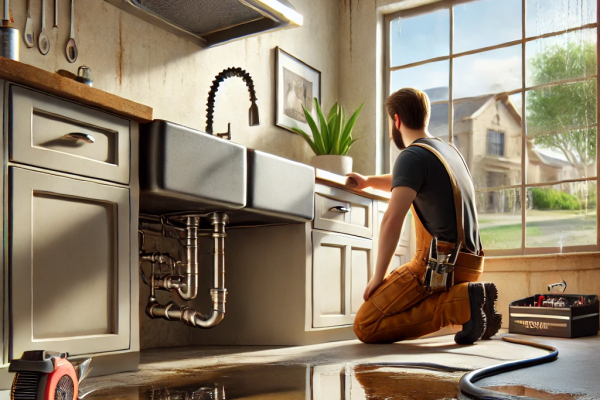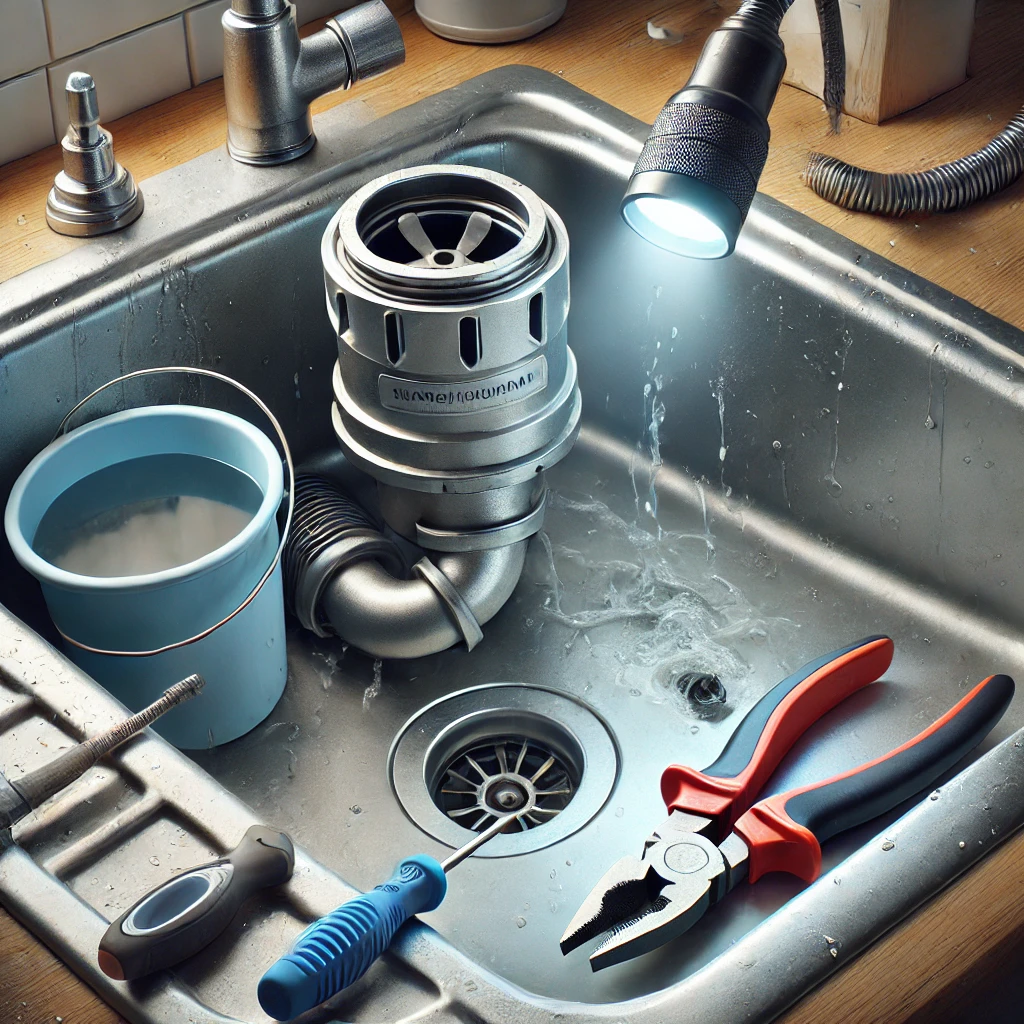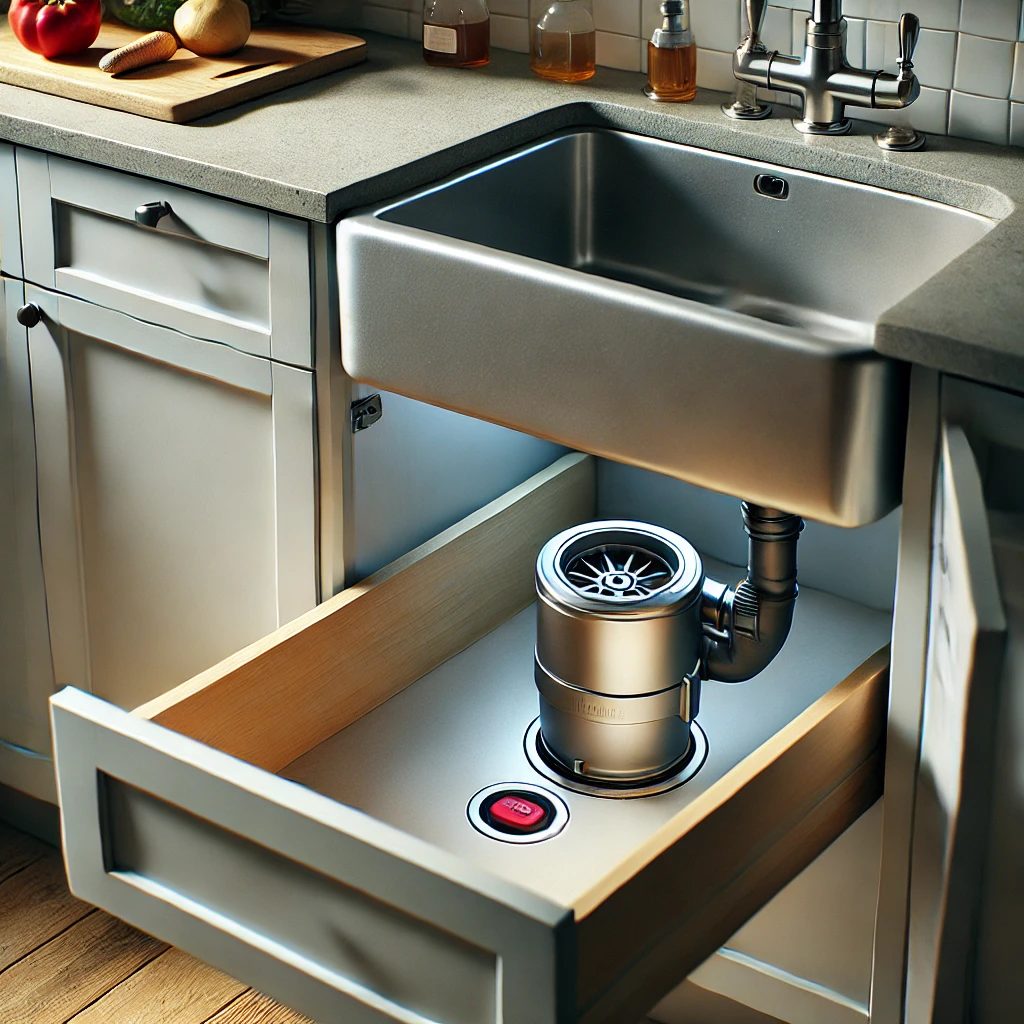
When the Pipes Sound the Alarm: How to Know It’s Time to Call a Plumber in Texas
If you’ve ever woken up in the middle of the night to strange gurgling from your sink or worried about a dripping faucet in the bathroom, you’ve probably asked yourself: “Can I fix this myself, or should I call a professional right away?” At first glance, plumbing issues may seem minor—until they become absolute chaos, especially in homes throughout warm and climatically diverse Texas. To protect yourself from flooding, unpleasant odors, and costly repairs, it’s important to recognize when a situation requires qualified expertise. Below, we’ll look at the main signs that it’s time to pick up the phone and share tips on how to choose a reliable plumber.
Warning Signs You Shouldn’t Ignore
In any water supply system, you’ll encounter minor malfunctions that are fairly easy to fix on your own: a small leak, a clogged drain, or a dirty faucet aerator can sometimes be solved using basic household tools. However, there are several symptoms that even the most adept DIYers risk making worse if they don’t call a pro in time.
Slow Drainage
When water drains too slowly in the sink or bathtub, you might try using a plunger or a safe chemical cleaner. But if the problem isn’t resolved after a few attempts and water continues to back up, there’s a good chance you have a deep clog in your pipes. A plumber will diagnose the issue using specialized equipment and quickly clear the blockage without damaging the system.
Ongoing Noise and Banging in Pipes
If your pipes start “singing” or clanking when you turn on the water, that can point to pressure changes, worn-out brackets, or air pockets in the system. Such problems need a professional assessment, as incorrect actions could lead to burst pipes and significant leaks.
Drips and Stains on the Walls
Damp spots—especially in areas where you wouldn’t expect plumbing to run—often signal a hidden leak. In Texas, with its unique soil and temperature fluctuations, a tiny crack in a pipe can grow quickly and damage structural elements. Hidden leaks can last for weeks, silently ruining your home’s foundation. A professional armed with thermal imaging or other detection methods will swiftly pinpoint the source and propose the best repair plan.
Unusual Sewer Odor
If you catch a persistent sewage smell in the bathroom, kitchen, or around your yard, it’s not just a matter of poor ventilation. Often, this indicates that traps or vent stacks aren’t working properly, or there’s a crack in the sewer pipe. The unpleasant smell can rapidly become a health hazard, and only a qualified plumber can address it effectively.
Issues with a Garbage Disposal
Many Texas households appreciate the convenience of in-sink disposals that help get rid of kitchen waste quickly while keeping things clean. But if your disposal starts acting up—making excessive noise, vibrating, or failing to grind—there might be a mechanical failure or an installation mistake. Without the right know-how, a DIY approach can lead to injury or the complete breakdown of an expensive unit.
When a DIY Approach Can Do More Harm Than Good
The temptation to save on professional services is almost universal among homeowners. However, there are situations where a self-repair attempt can end up costing far more. For instance, poor-quality connections in a water supply system will eventually leak, and using the wrong fittings can force a total redesign of your entire setup. Short-term savings can turn into additional expenses if you ignore the nuances of working with pipes, pumps, and valves.
Moreover, in the state of Texas, there are specific building codes and regulations you need to follow. Unapproved modifications to the sewage or water supply system can violate local standards and create future complications if you ever decide to sell your home. On top of that, if your insurance doesn’t cover damage caused by DIY fixes, you’ll be personally liable for all financial risks.
Why Plumbing Deserves Special Attention in Texas
Texas is a region with pronounced climatic features: scorching summer temperatures, drought periods, and occasionally abrupt weather changes. All these factors affect the condition of plumbing and sewer systems. Even new constructions may require preventative inspections within the first few years of use because sudden temperature shifts put added stress on the pipes.
Additionally, certain areas of Texas deal with hard water that contains high mineral content. Such water leaves buildup inside pipes, reducing flow capacity and leading to corrosion over time. To avoid serious consequences, it’s important to catch these warning signs early and call a specialist who knows the specifics of the region. This is especially crucial for older homes with aging pipes that weren’t designed to handle modern loads.
How to Find a Good Plumber
Ask for Recommendations
Friends, neighbors, and acquaintances are excellent resources. Someone who’s recently dealt with a similar problem may recommend a tried-and-true specialist.
Check Reviews
Online platforms (including local social media groups) are usually full of customer feedback. Pay attention not just to the overall rating but also to specifics: how fast the plumber responded, how neatly the work was done, whether there were unexpected extra fees.
Verify Licensing and Insurance
In Texas, professional plumbers are required to have a license that proves their qualifications. Make sure the plumber you hire can show the necessary documents.
Discuss Pricing Upfront
A reputable specialist will explain how final costs are calculated: what the labor fee covers, whether there are additional material expenses, etc. If quotes seem suspiciously low or, on the contrary, excessively high, keep looking.
Get a Written Contract
Sometimes verbal agreements don’t fully reflect the scope of work. A written contract protects both client and provider from misunderstandings: it specifies deadlines, cost, and the work details.
What You Can Do Yourself
Not every task needs to be handed off to a pro. Some routine services are easily managed by almost anyone:
- Regular drain cleaning. Use strainers and promptly remove any accumulated debris and hair from drain openings so clogs don’t build up.
- Replacing seals. A dripping faucet often indicates a worn-out washer. These are inexpensive and widely available at hardware stores.
- Checking water pressure. If you have a gauge, you can quickly test whether the water pressure is too high, which can help spot potential issues early.
However, if you sense the repair is more complex than your skills or tools allow, don’t take unnecessary risks. A qualified plumber can extend the life of your system, avert major repairs, and save money in the long run.
Emergency Situations: Take Swift Action
Beyond the common signs of trouble, there are genuine emergencies that require immediate attention:
- Burst pipe. If you notice water gushing from a pipe, the first step is to shut off the main valve. Then call a specialist right away—delaying repairs can result in expensive damage to your home’s foundation and interior.
- Water heater failure. In Texas, where occasional cold snaps can take residents by surprise, a working water heater is a necessity. If the unit stops producing hot water or you smell gas (for gas models), it’s time to call a pro. Trying to fix a water heater on your own can be dangerous.
- Flooded basement. During heavy rainfall or when a septic pump fails, basements can fill with water. This creates a serious hazard, including electrical danger, so don’t risk your well-being—seek professional help immediately.
- Gas line problems. Some plumbers in Texas are licensed to handle gas work. If you smell gas, ventilate the area, leave the house, and call emergency services. Afterward, you’ll need a qualified professional to diagnose and fix the leak.
Prevention Is Key
Like any complex system, water supply and drainage networks need regular checkups. Routine inspections help identify small issues before they escalate into full-blown crises. Many Texas-based companies offer annual service contracts, where a technician periodically checks the condition of pipes, filters, joints, and appliances. This is especially useful for older buildings and in areas with high levels of limescale in the water.
Texas boasts a thriving construction market and a range of housing options—from high-rise urban apartments to sprawling suburban homes. But in every corner of the state, water is the foundation of comfort and well-being. Caring for your plumbing systems and scheduling regular checkups can save you from unexpected expenses and the stress of dealing with damaged property.
Conclusion: Catch the Warning Signs Early
Plumbing isn’t just pipes, faucets, and drains—it’s also about health, safety, and the comfort of your home. If you live in Texas, always keep in mind how the local climate and hard water can affect your plumbing. Take a close look at your situation: if the problem seems complicated and you don’t feel confident in your own knowledge, the smartest move is to call a professional plumber. A qualified expert will not only fix the current issue but also help prevent future ones—so you can enjoy peace of mind without jeopardizing your home’s comfort.
Let small problems stay small. Learn to spot them in time and make the right decisions. In the end, investing in quality repairs is an investment in the security and reliability of your home for years to come. And if it ever crosses your mind to cut corners on plumbing services, remember how much more expensive the aftermath of inattention or inexperience can be.
Water, like time, doesn’t take kindly to being left on its own. Protect your home, listen to the “voice” of your pipes, and don’t hesitate to reach out to experts—especially in a unique state like Texas. Here, where the climate can play tricks on your plumbing, paying attention to the details is the best way to keep your finances, peace of mind, and health intact for the long haul.






